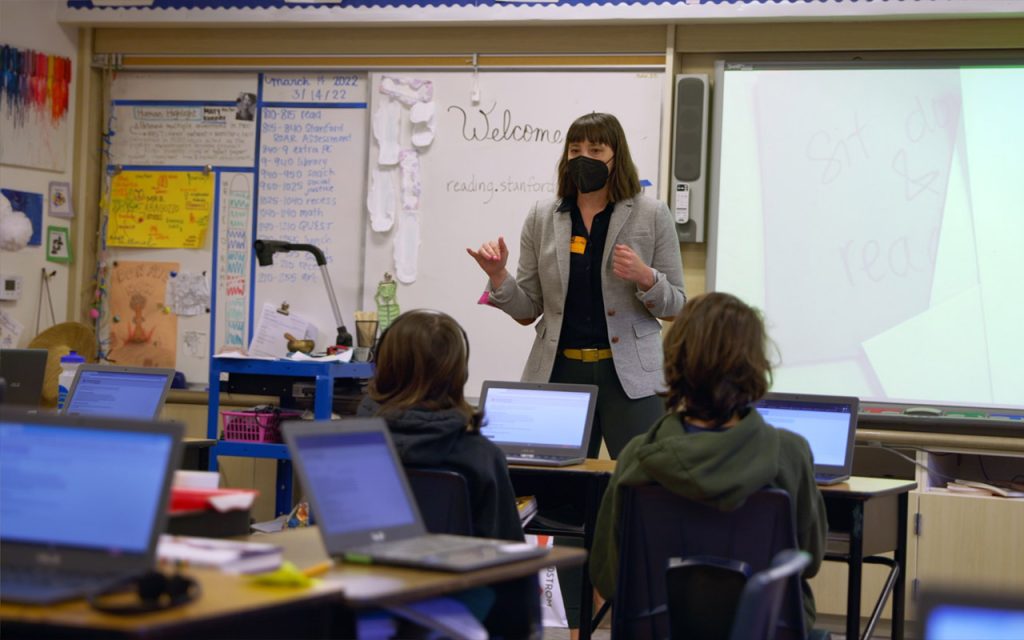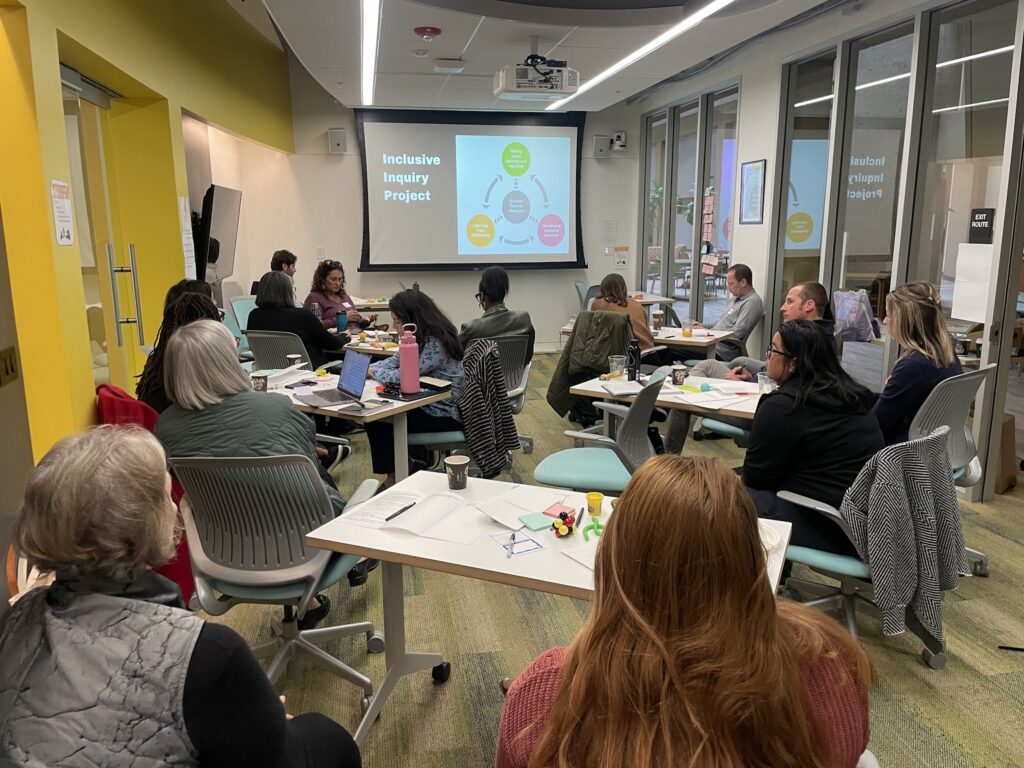Identifying struggling young readers can be a time-consuming and costly task for schools, requiring a teacher or reading specialist to sit with students one-on-one to gauge their proficiency as the child reads aloud.
A new online tool developed at a Stanford lab lifts that burden without compromising any of the reliability of one-to-one assessments while advancing research into why some kids have trouble with reading in the first place.
The Rapid Online Assessment of Reading (ROAR), developed at the Brain Development & Education Lab at Stanford, introduces a way for school districts to assess their entire student population for struggling readers in the time it currently takes to run a standard assessment on a single student.
In addition to giving teachers useful insight into the challenges a particular student faces, the collective data generated by the assessment is helping to further the lab’s research into factors linked to learning differences in young readers.
“With the ROAR, schools and clinics can assess and monitor kids’ progress at a scale that just wasn’t possible before,” said Jason Yeatman, an assistant professor at Stanford Graduate School of Education (GSE) and the School of Medicine, who directs the Brain Development & Education Lab. “And because the tool is tied to research that’s ongoing, it gives us data that can answer a lot of questions about the mechanisms of reading development – data that can help us understand why some kids struggle and others don’t.”



